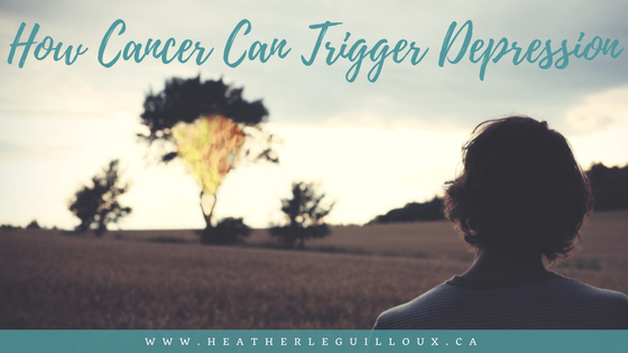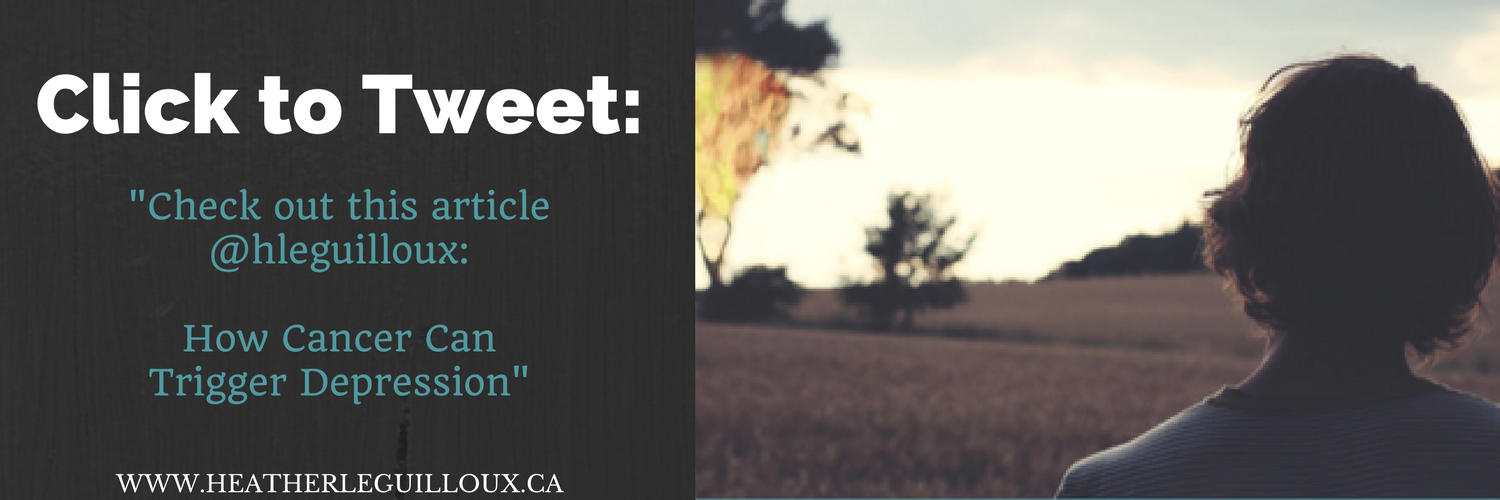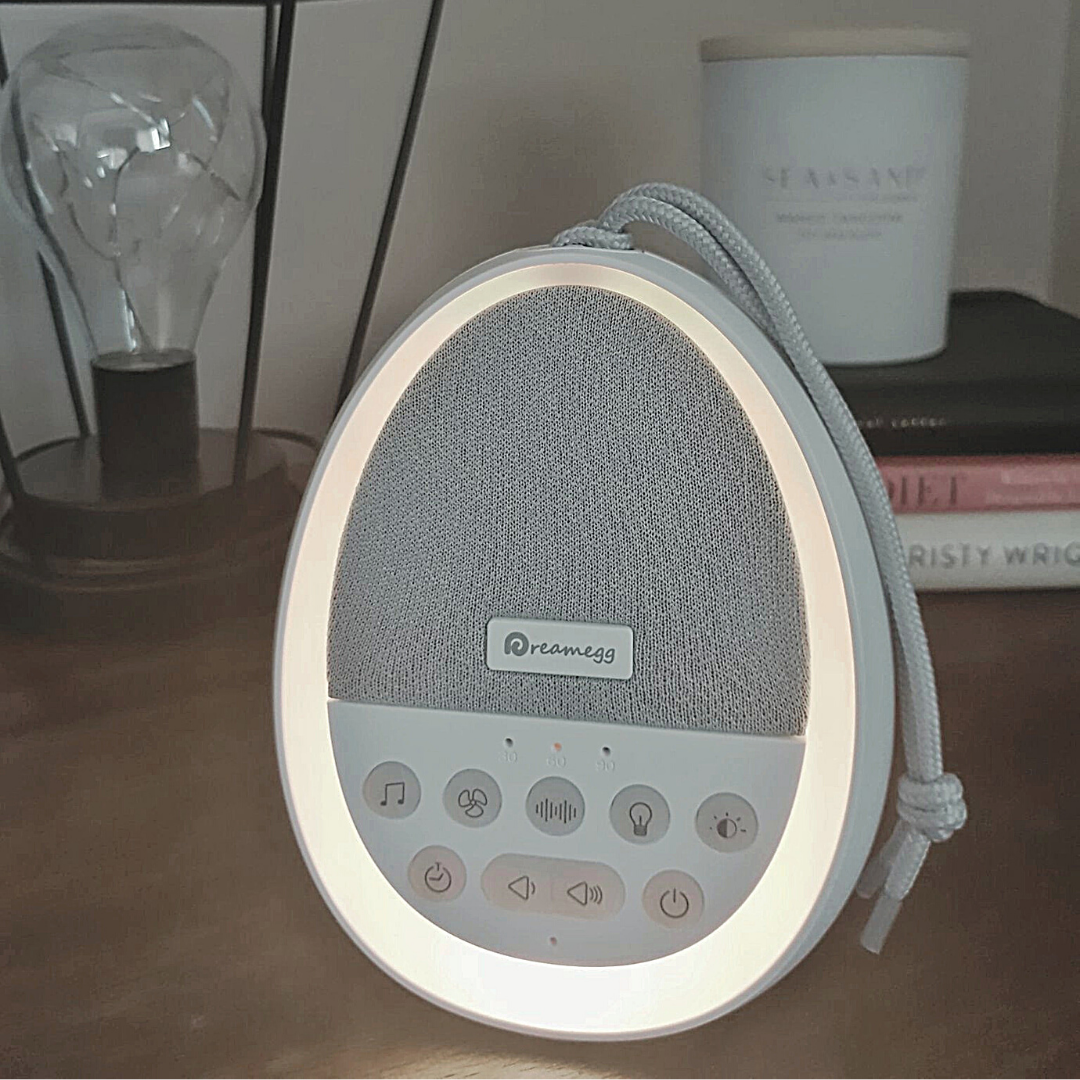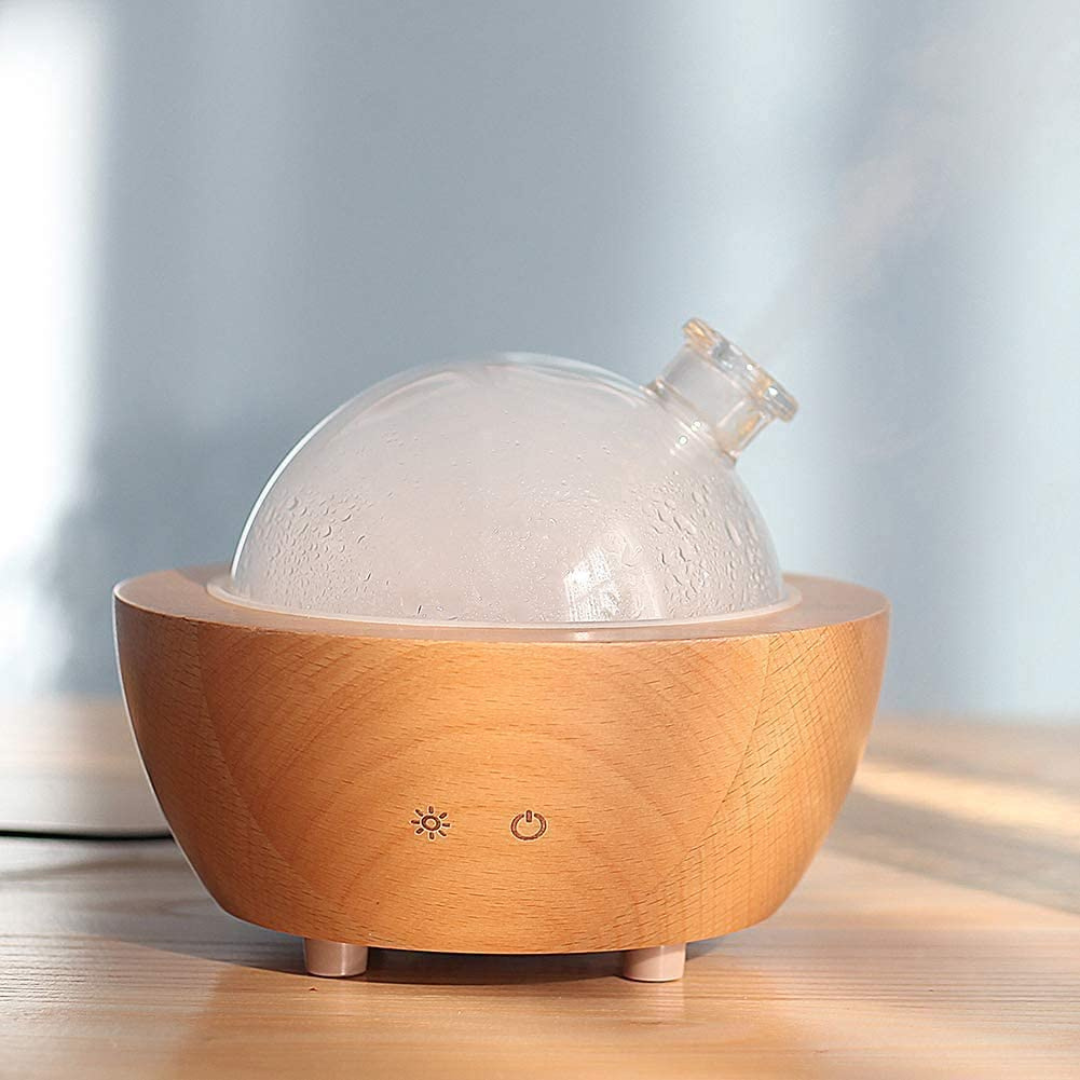|
|What is the difference between depression and sadness? Often times, people may say "I'm feeling really depressed today" and while this person may be experiencing feelings of sadness, low energy, or just feeling really down in general, being diagnosed with a depressive condition is much different than an experience of short-term unhappiness.
Clinical depression can be associated with feelings of severe despair over an extended period of time and induce feelings of hopelessness which can impact all areas of a persons life. Many people may try to hide their symptoms and suffer in silence even though depression is a widespread medical condition impacting over 300 million people worldwide.
There can be many different reasons for an individual to develop a clinical diagnosis of depression, and one such experience is the development of a cancer such as Mesothelioma. According to mesothelioma.com, "mesothelioma is a rare, aggressive form of cancer that develops in the lining of the lungs, abdomen, or heart. Caused by asbestos, mesothelioma has no known cure and has a very poor prognosis." The following article has been written by a guest author and cancer survivor who aims to spread awareness about the connection between cancer and depression and the treatment options and support available through this harrowing experience. About The Guest Author
Our guest author today has a diagnosis of Mesothelioma which is a rare type of cancer that presents itself mainly in people aged fifty to seventy. Over 90% of Mesothelioma cases are found in people aged 55 plus and it disproportionately affects men due to the correlation with working in the trades. For more information about the guest author visit this link.
MENTAL HEALTH RESOURCE VAULTGreat!Check your email for instructions on how to access the Members Only Resource Vault. How Cancer Can Trigger Depression
A cancer diagnosis can be devastating, but it is just the beginning of a difficult journey. Symptoms, treatments, side effects, and being forced to face big decisions and one’s own mortality, all combine to make patients vulnerable to bouts of depression. It is not unusual for people living with cancer, especially a terminal cancer like mesothelioma or advanced lung cancer, to struggle with depression, whether they get diagnosed or not. There are ways to treat and manage depression to help improve mood and quality of life.
Depression during Cancer
Depression experienced by cancer patients is the same depression that other people struggle with, called major depression by clinicians. If you are living with cancer and you feel down, sad, or hopeless, this is not at all unusual. However, if you can’t seem to shake the bad mood and you wake up hopeless nearly every day, you could be struggling with depression. Here are some signs to look for:
Some other common signs of depression can be hard to distinguish from symptoms of cancer or side effects of treatment: physical aches and pains, fatigue, changes in appetite, weight loss or weight gain, and insomnia or oversleeping. "A cancer diagnosis may also serve as a trigger for someone who is already vulnerable to depression or who has had episodes of depression in the past. What Makes Cancer Patients Vulnerable
Anyone can suffer from major depression, but some people have factors in their lives that make them more vulnerable. A definite risk factor is having a serious, chronic, or terminal illness and cancer qualifies, even if it is a treatable and curable cancer. There are several ways in which having cancer can increase the risk of depression.
One of these is simply being forced to think about big, life-changing decisions and facing mortality. Having cancer means making financial decisions, treatment decisions, decisions about family responsibilities, and more. There may be a lot of stress and pressure surrounding these decisions, including the fear of becoming a burden to family members or anxiety over what will happen to children. Cancer also takes a physical toll on the body. The symptoms of cancer itself, but also the side effects from chemotherapy and other treatments, can be painful, uncomfortable, and draining. The changes that occur in the body, like weight gain or loss of physical fitness can also cause emotional distress. Simply not being physically able to do things you used to do can be extremely distressing. All of these factors make it possible for someone living with cancer to become susceptible to experiencing depression for the first time. A cancer diagnosis may also serve as a trigger for someone who is already vulnerable to depression or who has had episodes of depression in the past. Managing Depression
If you struggle with depression or other mental health issues, like stress or anxiety, while fighting cancer, don’t be afraid to speak up about it. Many comprehensive cancer programs now recognize that emotional and mental health are important to healing, and they often provide counseling, alternative therapies, and group support to help patients maintain good mental health or manage symptoms of depression if they arise.
Although this is changing, most cancer patients do not get adequate mental health support. Therapy, medication, and social support are all effective ways to treat and manage depression and there is no reason that anyone should have to suffer alone with this. In addition to traditional depression treatments, cancer patients can benefit from lifestyle changes like eating better, getting exercise, being more social, and trying alternative therapies like art or dance therapy. If you are struggling, ask for help, and make sure you get the support you need. Resources for Mesothelioma
Find support & education through these organizations:
Resources About Depression
Learn more about the causes, symptoms and treatment options for depression:
Have you or a loved one been impacted by cancer or depression? Share your experience & the support you have found to be helpful in the comments below. Thank you for reading! References: mesothelioma.com
This post may contain affiliate links that I am compensated for at no additional cost to you.
0 Comments
Your comment will be posted after it is approved.
Leave a Reply. |
Welcome to the blog!↓ That's me, Heather. :)
MENTAL HEALTH RESOURCE VAULTGreat!Check your email for instructions on how to access the Mental Health Resource Vault. Categories
All
Popular Posts// 25 Positive Mindset Quotes
// Self-Care Bullet Journal Spreads // 7 Ways Your Physical Health is Connected to Your Mental Health |






 RSS Feed
RSS Feed
















